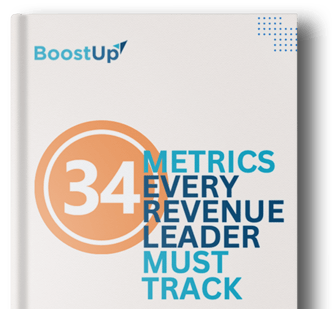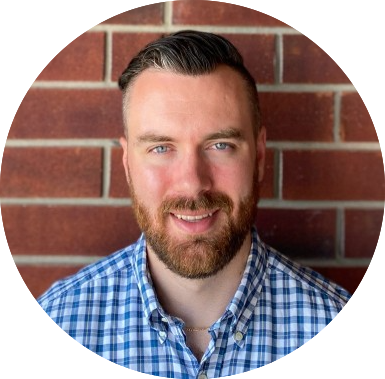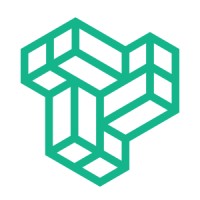Hitting 7-Figure Revenue in the First Year
In this Revenue Mavericks episode, Cliff Simon talks about how his founding team started making million-dollar revenues in the first year of operations of their RevOps-as-a-service startup. Cliff also speaks about their go-to-market strategy and the key things they focused on to achieve the steep goal they had set for themselves.












